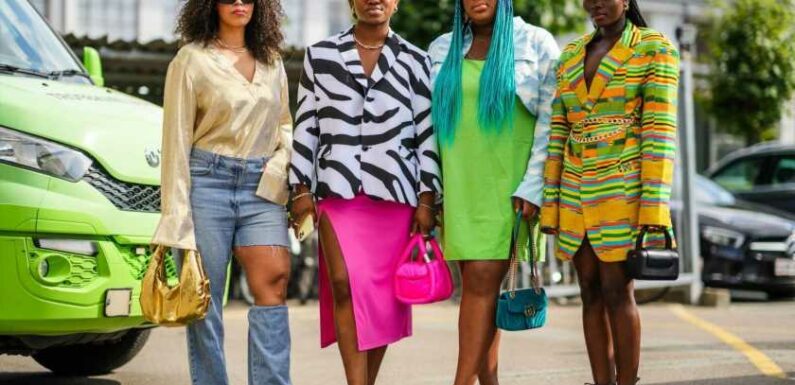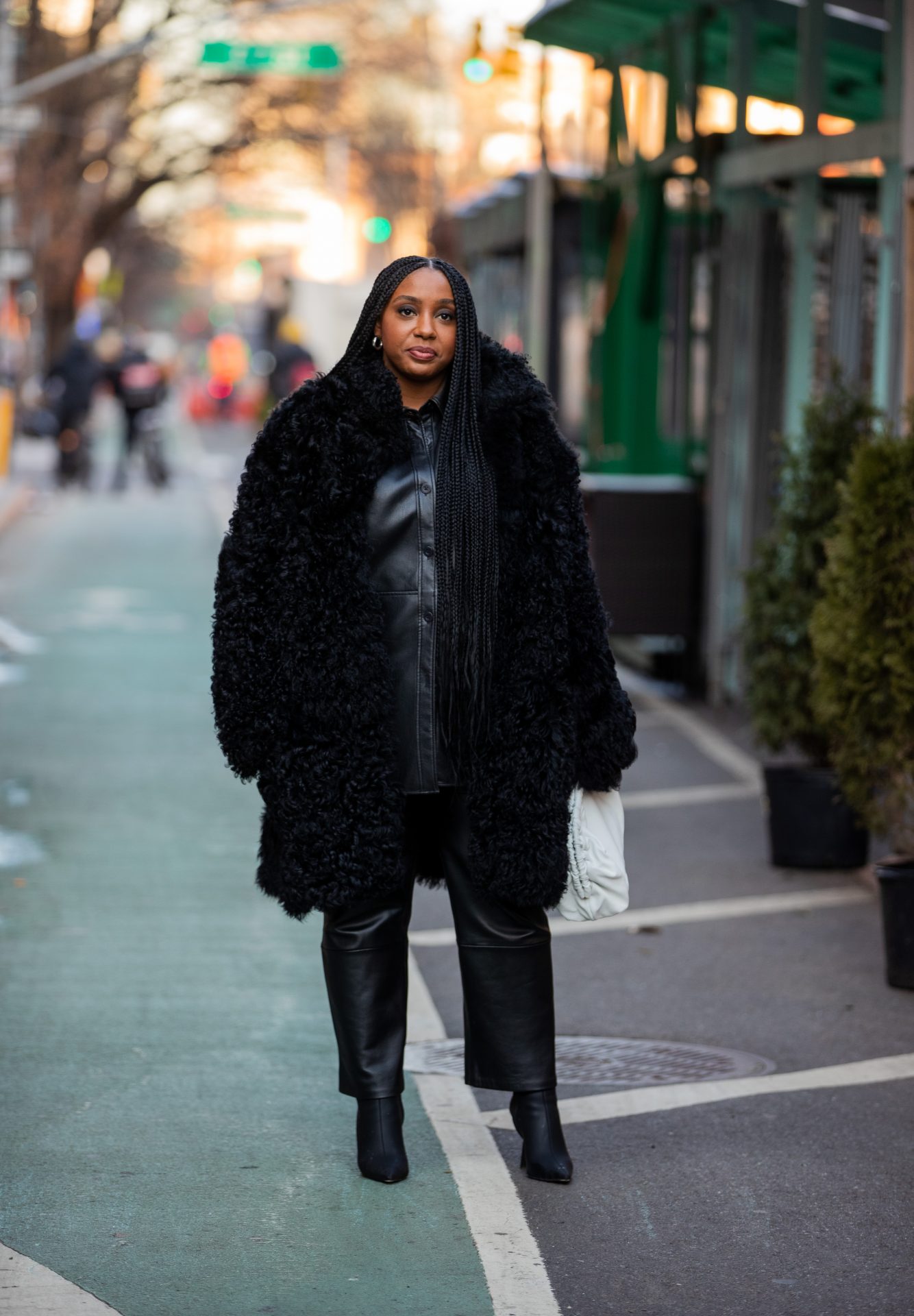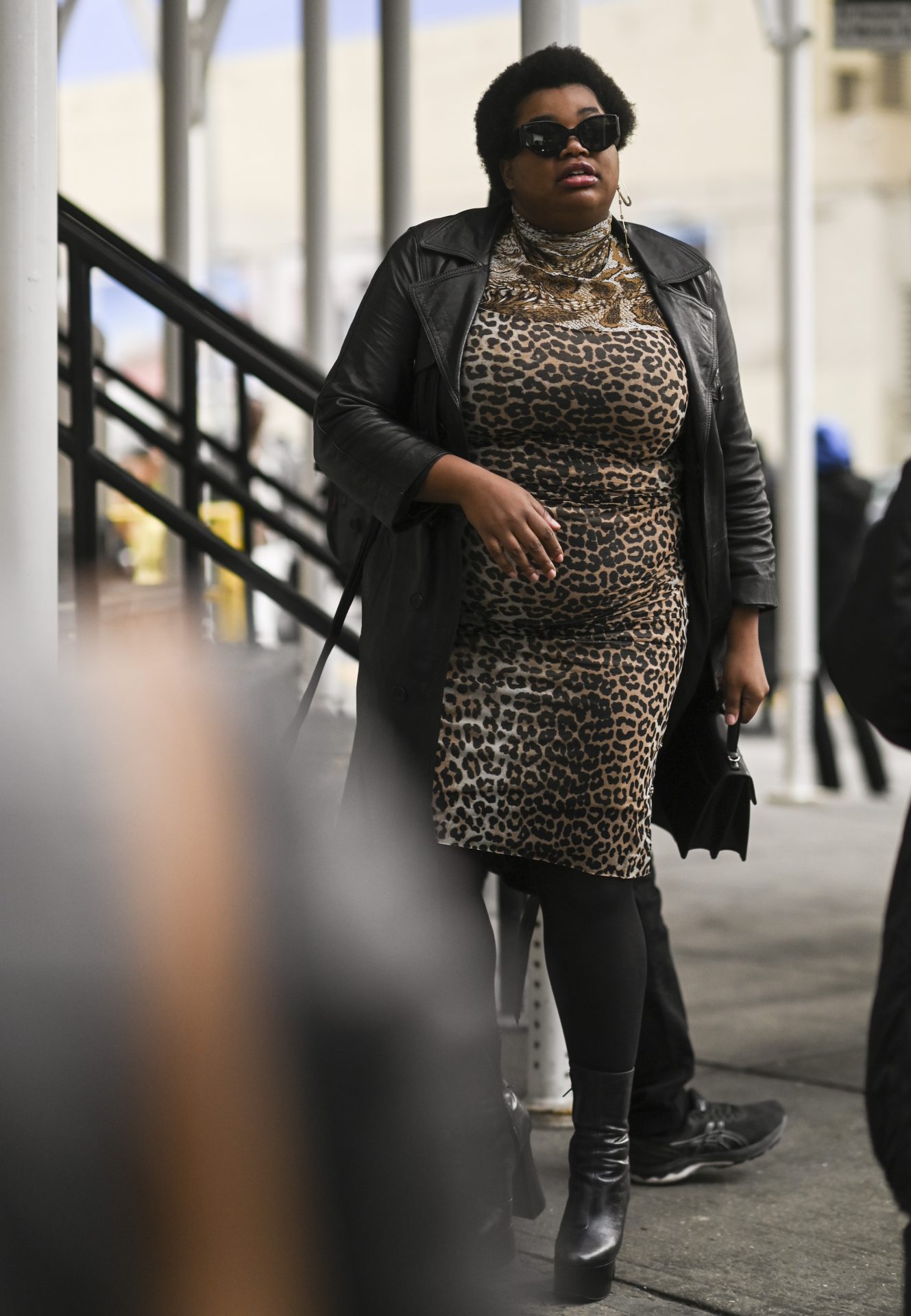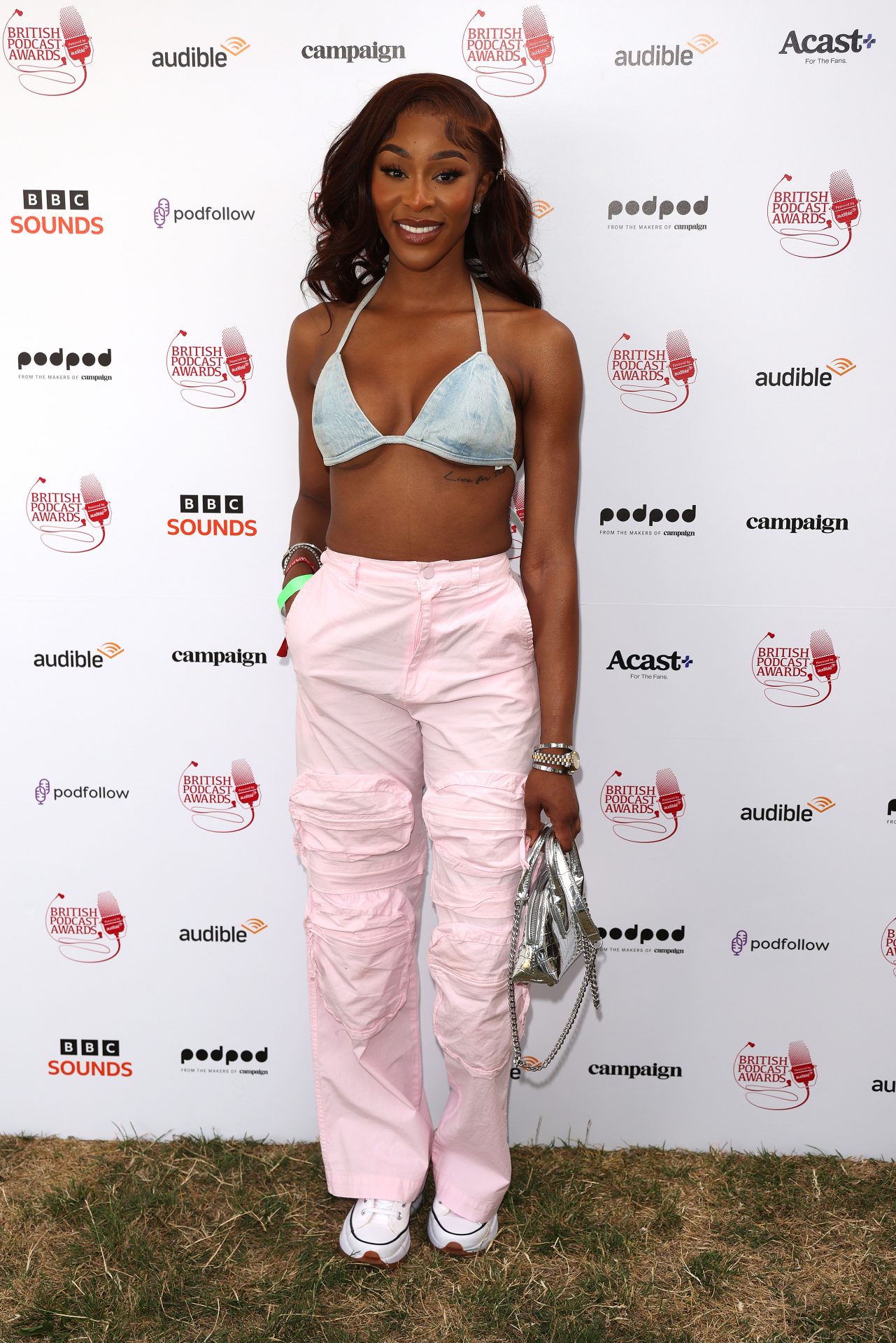
Written by Ranyechi Udemezue
The media has supposedly made strides in making its respective worlds more equitable – but has anything really changed for Black content creators in 2022?
Highly coveted, observed and criticised. The life of a content creator is enigmatic yet all-revealing to the public at the same time. We get to watch their morning routines as they grow their loyal fanbases, increasing the profitability of the influencer market and decreasing the effectiveness of traditional ads. According to the Influencer Marketing Hub, influencer-generated content performs better compared to branded posts and the influencer marketing industry is set to reach a whopping $16.4 billion (£14.6bn) this year. My zillennial friendship group can all admit that our favourite content creators are responsible for a sneaky purchase or three that we really didn’t need but felt we just had to have.
The lucrative nature of the influencer industry might lead one to question why Black creators are yet to experience the Emma Chamberlain effect in its entirety, even though their content is of high quality and just as engaging. Charli D’Amelio being incorrectly accredited as the inventor of the viral TikTok renegade dance might seem equally puzzling when Jalaiah Harmon was the original creator.
Fifi Orelaja, talent manager at Gleam Futures, suggests that Black creators are inadequately represented in the influencing industry as a result of “unconscious biases, cultural appropriation, tokenism, pay disparities and a lack in the number of Black talent managers”. To make matters worse, Black creators have to work with algorithms that aren’t constructed in their favour. “Platforms need to be held accountable for building their software in a way that suggests creators of colour are not relatable, palatable or marketable. Each social platform should have a duty to proactively advocate change by upholding minority content. This starts with celebrating Black influence and seeing the value in the Black market,” Orelaja adds.
Melanie Kentish, managing partner at Gleam Futures and previously group director of influencers at Sky, echoed this sentiment expressing that “there has historically been a disparity around the amount that brands pay influencers based on their ethnicity and accounts such as @influencerpaygap have helped to highlight this issue. Brands have a responsibility to not only be inclusive in their marketing efforts but also with the distribution of their marketing spend, levelling up the industry.”
Another hindrance to achieving equality within the influencer industry is the practice of shadow banning. The method is used by social media platforms to secretly hide a creator’s content from explore or ‘for you’ pages. It becomes sinister once algorithmic ethnic bias is thrown into the mix, putting Black content creators at a severe disadvantage. According to Forbes, “the practice of shadow banning by platforms such as Instagram and TikTok has become a major challenge for a swath of business owners and artists who depend on these sites for growth and income”.
Digital creator and model Kanaan Pitan’s combined following of 1.28 million might lead one to believe that worries over engagement and shadow banning are alien concepts to his online accounts. Pitan reveals quite the contrary, “I was shadow banned on Instagram and TikTok for a while and it sort of reminds you that it’s all out of your control because you don’t own these platforms, and if they choose to not give you access to the people who want to see your content, the algorithm can do just that.”
It’s important to acknowledge that as deep systemic biases make the playing field unlevel for Black influencers, the creators that we enjoy watching through our laptop screens must be celebrated for their grit and determination to make their dreams come true.
Mariam Musa, widely considered an internet ‘big sis’ among young Black girls, was the first Black influencer in the UK to land a fast fashion brand collaboration. “I feel like that opened so many gates to other influencers,” says Musa, “but with the good does come the bad and trying to get recognition from brands on the same level as white influencers hasn’t always been easy.” Recently, Musa has stepped out of the online world and into business ventures within more traditional media spheres, a growing hallmark of an influencer making their way to the ‘mega’ influencer/celebrity bracket. This has been a trend among popular talented Black content creators such as Nella Rose, Adeola Patronne and Victor Kunda to name a few. She adds: “I’ve been in the game for about seven years and I [felt] like I was capable of much more. I am a podcast presenter now [as well as] a business owner, where I can now be working with other influencers for my brand.”
When asked what they would like the influencing industry to represent in the next five years, Orelaja, Kentish, Pitan and Musa shared the sentiment that it should inspire people to achieve their biggest goals and continue to be respected and recognised as a viable career option. Above all, the influencer industry must be a safe and level playing field for all creators, free from ethnically biased AI practices and prejudiced marketing tactics.
Images: Getty
Source: Read Full Article


